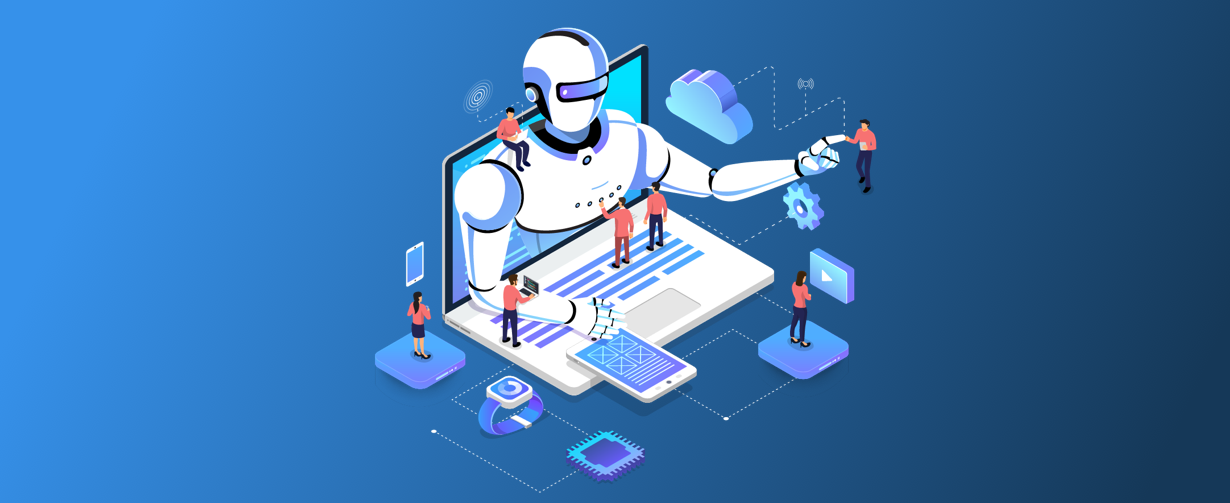In recent years, Artificial Intelligence (AI) has become one of the most talked-about technologies in the world. It has the potential to revolutionize the way we live, work, and interact with technology. From healthcare to finance, education to manufacturing, AI is already changing the way we do business and is poised to have an even greater impact in the future.
What is Artificial Intelligence?
Artificial Intelligence refers to the ability of machines to perform tasks that would normally require human intelligence. This can include tasks such as understanding natural language, recognizing images, and making decisions based on complex data sets. AI is typically powered by algorithms that are designed to learn from data and improve their performance over time.
Current State of AI
AI is already being used in a wide range of industries, including healthcare, finance, transportation, and manufacturing. In healthcare, AI is being used to develop new treatments and to help diagnose diseases more accurately. In finance, AI is being used to detect fraud and to make better investment decisions. In transportation, AI is being used to improve safety and to develop autonomous vehicles. And in manufacturing, AI is being used to optimize production processes and to reduce costs.
Future of AI
The future of AI is exciting and full of potential. One of the most promising areas of development is the use of AI in autonomous systems. This could include everything from self-driving cars to robots that can perform complex tasks in manufacturing environments. Another area of growth is in the use of AI in natural language processing. This could include chatbots that can assist with customer service or virtual assistants that can perform tasks such as scheduling appointments.
Challenges with AI
Despite the potential benefits of AI, there are also some significant challenges that need to be addressed. One of the biggest challenges is the potential impact on jobs. As AI becomes more prevalent, there is a risk that some jobs may become automated, leading to job losses in certain industries. Additionally, there are concerns around data privacy and security, as AI systems often require large amounts of data to operate effectively.
Conclusion
Artificial Intelligence is a rapidly developing technology that is already having a significant impact on many industries. While there are challenges to overcome, the potential benefits of AI are vast and far-reaching. As we continue to develop and refine AI technologies, we can expect to see even more exciting applications in the years to come.
We hope you found this blog post informative and helpful in understanding the current state and potential of AI. If you have any questions or comments, please feel free to leave them below. Thank you for reading!

